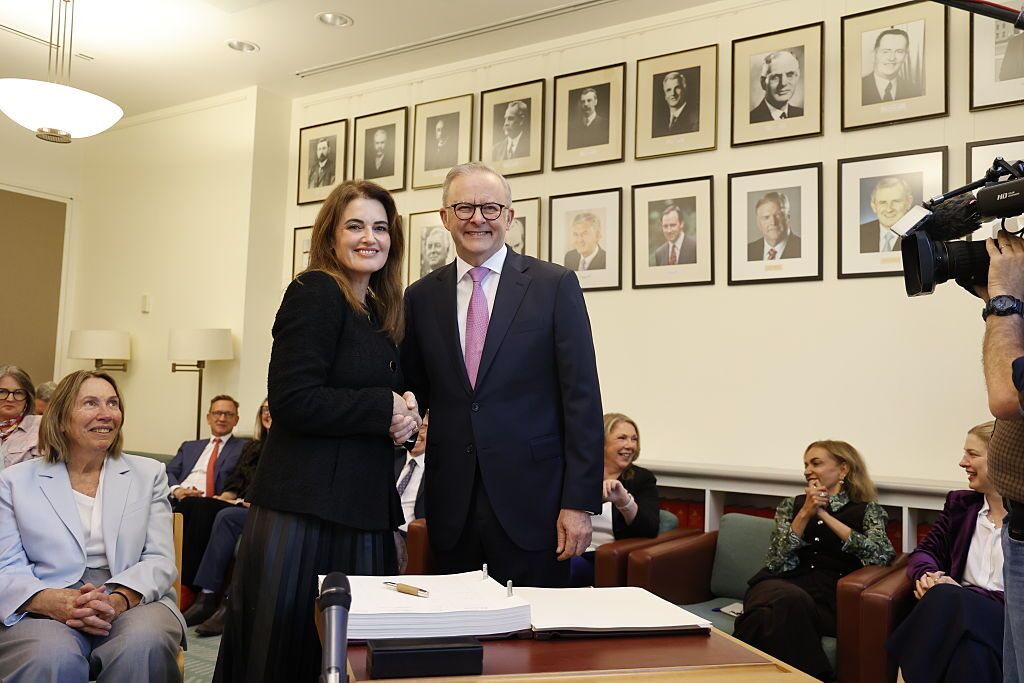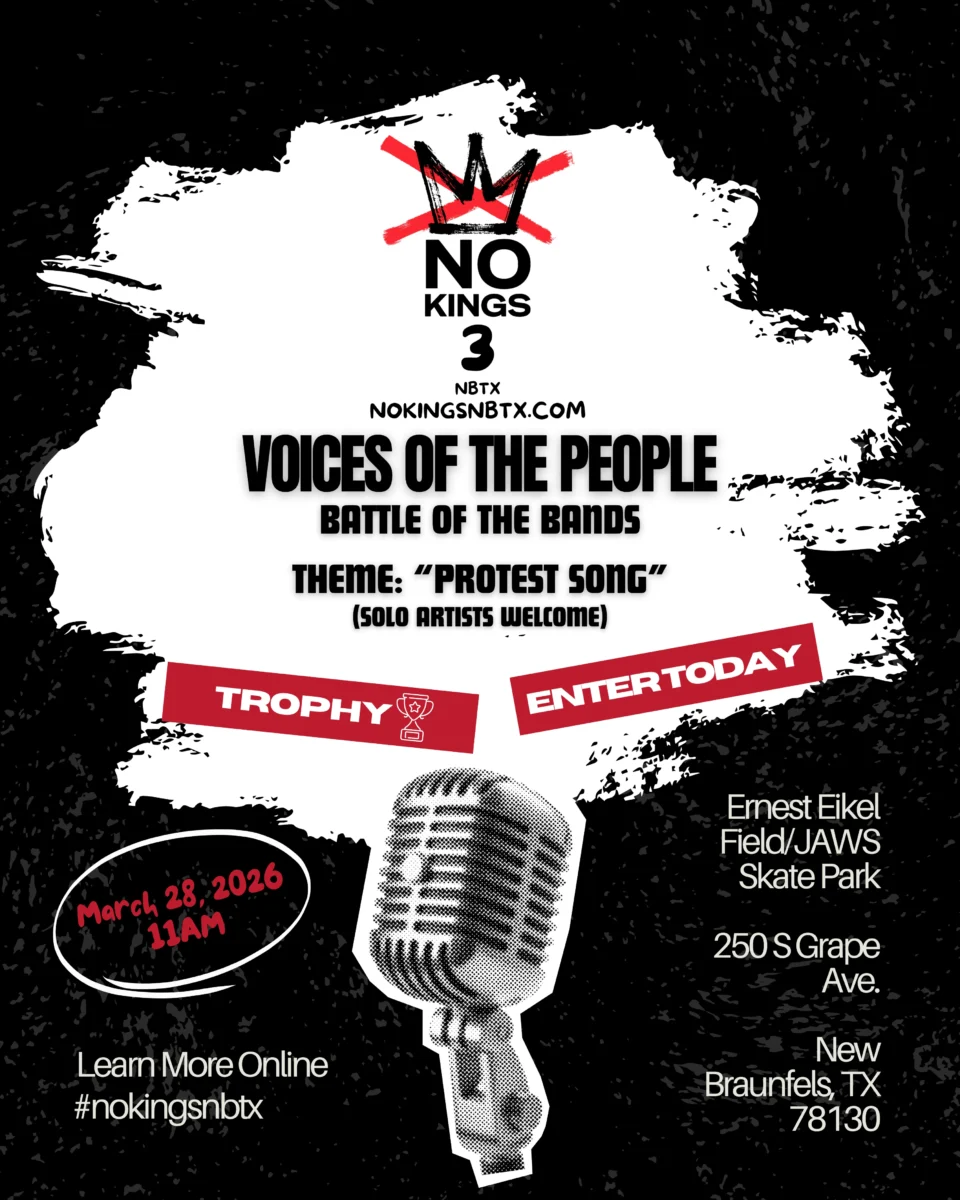
‘We are not believed’: For Black women, the ‘Diddy’ verdict is a reminder of justice denied
July 4, 2025
For Black Women,‘Diddy’ Verdict is a Reminder of Justice Denied
July 4, 2025Canadian voters rejected MAGA-style culture wars and anti-LGBTQ+ panic, showing that when economic crises hit, scapegoating doesn’t sell.
As Pride Month came to a close against a backdrop of global backlash to LGBTQ+ rights, Canada’s spring election delivered a rare counterpoint: Voters refused to take the bait.
Despite leading the polls, Conservative leader Pierre Poilievre not only lost the federal election, he failed to hold his seat. The message was unmistakable: When faced with real economic strain and imported culture war theatrics, Canadians chose practical policy over manufactured outrage.
This wasn’t just a political upset—it was a referendum on how voters respond to moral panic when cost-of-living crises dominate headlines.
In 2025, the Conservative campaign leaned hard into Make America Great Again (MAGA)-style rhetoric: Defund “woke” programs, attack trans rights, and promise a crackdown on diversity, equity and inclusion (DEI) initiatives. Poilievre’s allies included Elon Musk, Ben Shapiro and Jordan Peterson. He talked tough on cultural grievances. But he offered little on grocery bills, rent hikes or inflation.
Why does this matter? Because it punctures the illusion that scapegoating wins elections. Anti-LGBTQ+ panic has become a go-to strategy in conservative playbooks—not because gender issues threaten public order, but because they offer distraction. As gender theorist Judith Butler writes, panic around gender doesn’t reflect actual threats, but symbolically rallies voters around an imagined return to “traditional” norms. In moments of instability, targeting queer and transgender people allow political leaders to redirect attention from their own inability to materially improving people’s lives.
Moral panic, in other words, is a well-worn political smokescreen. But in Canada this year, voters didn’t fall for it.
Economic credibility—not imported outrage—decided the election. The political tide turned after Donald Trump’s second-term inauguration in January. His chaotic first 100 days unleashed a wave of instability. Tariffs on Canadian exports and energy triggered immediate price shocks. Trump mocked Canada as the “51st state,” dismissing sovereignty and ridiculing the former prime minister as “Governor Trudeau.” The impact was swift: By March, Trump ranked second only to affordability as a top concern among Canadian voters.
The Conservative campaign never adjusted. Instead, Poilievre doubled down. He pledged to defund public universities over “wokeness,” gut DEI programs and pass legislation targeting trans healthcare and school curricula. The platform was loud, polarizing and vague—and it left the center ground wide open.
Liberal competitor Mark Carney outpaced Poilievre on affordability and competence, winning over moderate voters unconvinced that culture wars could solve their daily economic struggles.
Carney’s recent unveiling of a housing and affordability plan—focusing on supply expansion, rental incentives and intergovernmental transfers—underscored what Poilievre’s campaign lacked: a concrete, material strategy to ease economic pressure. The contrast was decisive.
Canada wasn’t alone. Just five days later, Australians dealt a similar blow to right-wing leader Peter Dutton. Like Poilievre, Dutton leaned into imported U.S.-style culture war rhetoric, and he lost on it. The parallel underscores a broader pattern: When voters are economically squeezed, spectacle politics lose its grip.

In Canada, the rejection of gender panic during this election cycle offers more than symbolic reassurance—it signals that public tolerance is a ballot-winning move. Pride Month often amplifies the noise of anti-trans disinformation, yet Canadian voters cut through it. This wasn’t just a refusal to engage in imported outrage—it was a democratic reaffirmation that rights aren’t up for debate, even when fear is politically convenient.
Poilievre’s campaign, dubbed a “Maple MAGA” version of Trumpism, alienated moderates. It was grievance-driven, thin on substance and heavy on imported outrage. His fixation on divisive social issues made it harder to convince voters he could govern effectively. In the end, Canadian voters sent a clear signal—they’ll take affordability over fear politics.
At a time when liberal democracies from the U.K. to South Korea are seeing renewed assaults on LGBTQ+ rights, Canada’s election offers rare evidence that backlash isn’t inevitable. When cost-of-living pressures intensify, the politics of distraction lose their potency. The gender panic playbook didn’t just fail—it boomeranged.
As Argentina, Ireland and Norway head into national elections in the second half of 2025, Canada’s vote offers an early signal: Voters still care more about rent than rhetoric. And after Pride Month, that message matters more than ever—not just symbolically, but politically. It’s proof that inclusive democracy can win, even in anxious times.
!function(f,b,e,v,n,t,s)
{if(f.fbq)return;n=f.fbq=function(){n.callMethod?
n.callMethod.apply(n,arguments):n.queue.push(arguments)};
if(!f._fbq)f._fbq=n;n.push=n;n.loaded=!0;n.version=’2.0′;
n.queue=[];t=b.createElement(e);t.async=!0;
t.src=v;s=b.getElementsByTagName(e)[0];
s.parentNode.insertBefore(t,s)}(window,document,’script’,
‘https://connect.facebook.net/en_US/fbevents.js’);
fbq(‘init’, ‘200522034604820’);
fbq(‘track’, ‘PageView’);
Great Job L.M. Schmidt & the Team @ Ms. Magazine Source link for sharing this story.






